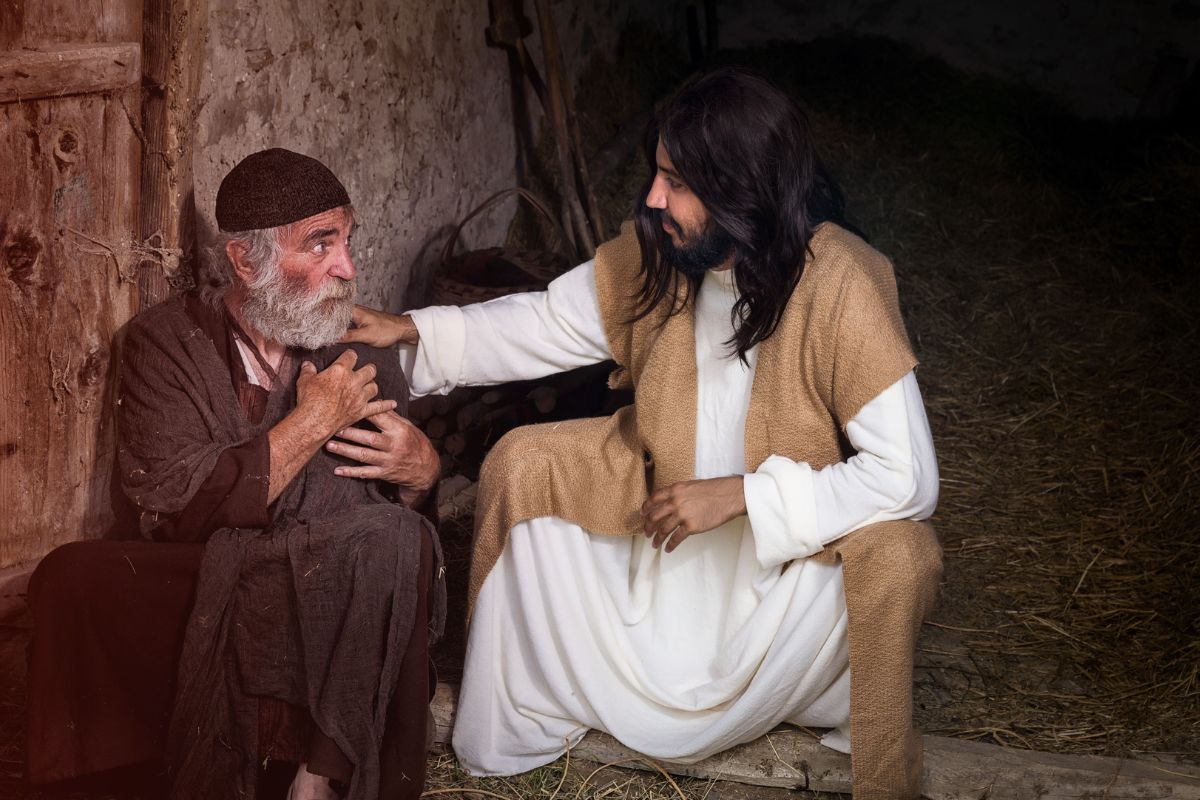
And they fell down and worshipped him.
It has been suggested that the first five chapters of Matthew’s Gospel parallel the first five books of the Old Testament.
Whether or not this is intentional, the echoes of Exodus in this chapter are strong, beginning with an evil king who opposes God’s plan to deliver his people.
There is the death of baby boys, a flight in haste, and the role of Egypt, although each of these stands in contrast with (rather than similarity to) its Exodus parallel.
But the return to the land of Israel (vs.21) realigns the parallels in the same direction, reminding the reader that this ruler who will shepherd his people (vs.6) will lead a new exodus. He will deliver his people from the bondage of sin, the kingdom of darkness, and into the glorious freedom of his kingdom.
Once again, Gentiles are found to play an important role in God’s plan. These wise men are into astrology, an activity derided as profitless by Isaiah and Daniel (Isa 47:13f.; Daniel 2:27f.)
Nevertheless, they are earnest seekers after God and perceive more from their star-gazing than the chief priests and scribes do from their religious devotion.
Astrology only takes them so far, however; only the Jewish scriptures can lead them to the Messiah. Rightly they consult the religious leaders in Jerusalem to find out where he is to be born. Once the answer is found, in Micah 5:2, they continue their quest – to find him and to worship him.
One might reasonably expect the chief priests and scribes to respond similarly to this news. Instead, it seems they were among “all Jerusalem” who, with Herod, was troubled by it (vs.3).
Not to the extent he was perhaps, but it is likely that they too regarded the announcement of a new king as a threat to their positions of privilege, status and power.
They are in no mood to leave Jerusalem to visit the humble hamlet of Bethlehem and worship a baby, and certainly not on the advice of Gentile astrologers. Herod is less passive.
Twice in three verses, Matthew reminds us that he is “Herod the king,” albeit an illegitimate one in Jewish eyes. Unlike Jesus, he could not claim descent from David. Worse still, he was king by appointment of Rome.
No doubt these facts compounded his sense of insecurity, prompting him to seek out and destroy his perceived rival.
Herod’s paranoia and cruelty are legendary; they drove him to kill even members of his own family. There is no reason to doubt the veracity of the slaughter of Bethlehem’s babies.
As always, even amidst the worst excesses of human evil God’s purposes continue to be worked out.
In a series of dreams firstly the wise men, and then Joseph, are instructed how to escape Herod’s attention. The Christ child is thus protected and the scriptures fulfilled (incl. Isa 49:2).
To ponder: How can we see God’s purposes being advanced in the face of innocent suffering today?
To pray: Lord God, I pray for all those suffering for the sake of the gospel today. I pray their suffering will not be in vain. Strengthen their faith, grant them courage and the assurance of your comforting presence, in Jesus’ name I pray. Amen